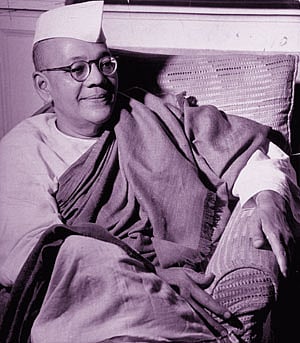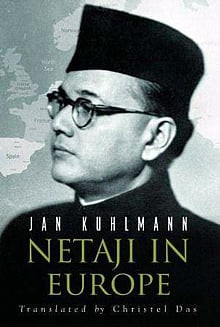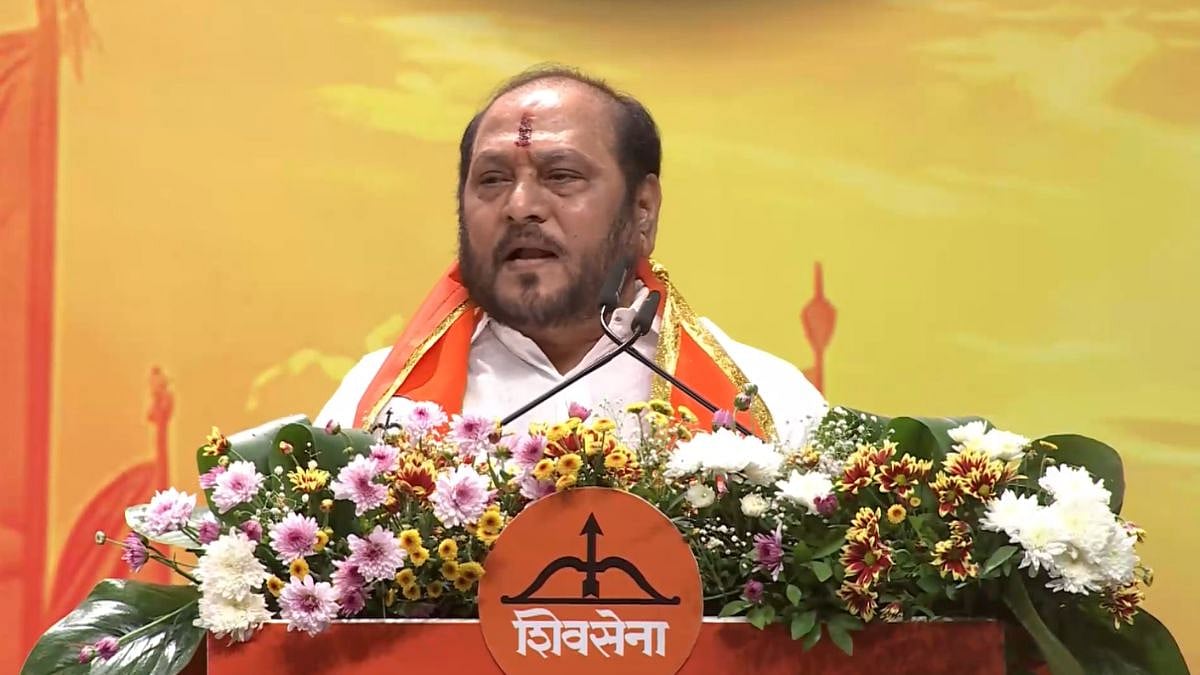Netaji in Europe pieces together information from official records, diaries and military archives in Germany, Italy, Britain and India to give a comprehensive account of the daily negotiations between Bose, and foreign offices, diplomats and double agents, during the Second World War.

Subhas Chandra Bose, or Netaji as he later came to be known has had a fan-tastic political career. Born in Cuttack (Orisaa) in 1887, he was a brilliant student, always ranking high in all examination and even ranking fourth in the Indian Civil Service (ICS) examination held in London. But he declined to join the civil service and chose to fight for independence on his return to India.
Understandably he got elected to the presidentship of the Indian National Congress in 1939, managed to travel extensively in Europe to gather support for the Indian independence movement, visiting Germany, Austria, Italy, Czechoslovakia and Poland. When the Second World War erupted in September 1939 he was under house arrest in his home in Calcutta. But managed to escape to the Soviet Union via Afghanistan – and that, is a story in itself.

Netaji in Europe
Jan Kuhlmann; Trans. From German by Christel Das
Rupa Publications
Pages: 281; Price: Rs 595 |
This work is a record of his relationship with the people and governments in Europe, more, especially, with those in Germany and Italy, which makes fascinating and very revealing reading.
It is the first historical study to show that Hitler and Mussolini, from the very beginning had different points of views regarding India and the struggle of Indians for independence. Both dictators in the 1930s pursued completely different cultural and economic policies towards India and these differences also rendered nearly impossible the formation of a common European plan for helping India gain independence, the Soviet Union was in a dilemma.
In the normal course Moscow might – just might – have helped India in its fight against imperialism. But during the Second World War Britain was supporting the Soviet Union against a common enemy Nazi Germany. How, in the circumstances, could the Soviet Union undermine British rule in India? Besides, Moscow was not very favourably inclined toward the Indian communities. As for Hitler’s Germany, it was totally hostile towards India.
There were vicious anti-Indian articles in the German media and racist abuses at Indians resident in Germany. Children would shout ‘nigger’ when they saw them. Worse, a draft bill of a penal law by the Reich Minister of Justice said “any relationship between Germans and people belonging to a different race was forbidden”. Indians were damned as a “sub-race”. Hitler had contempt for Indians.
In recorded remarks Hitler said: “The Indian Legion is a joke. There are Indians who cannot oven kill a louse…I consider it a farce pulling those men against the British…in Burma, Indian units ran away like sheep…It is ridiculous to apply them (Indian soldiers) for an actual blood fight…”
At one point Bose demanded nothing less than that Hitler, Hermann Goring and Alfred Rosenberg should tender an apology for negative utterances about India. Hitler was never a friend of Indian independence. In some way Italy’s dictator, Benito Mussolini was, though not in the initial stages when Bose was a suspect. Later, Mussolini became so friendly that it was he who “again and again took Bose’s side against Hitler regarding a declaration of the Axis Powers in support of Indian independence”.
Bose was living mostly in Germany. He was permitted to do so and it is claimed that the Reich sought to be as co-operative as possible, but always on his own terns. Thus, Bose wasted help from Germany to liberate India from British domination. The German Foreign Office only wanted to use Bose for its own propaganda purposes. Bose wanted complete freedom; besides, he wanted to be treated as a legation of a free country with full right to broadcast what he thought as right. German officials did not want to make concessions and resorted, instead, to threats in order to force Bose into submission.
The National Socialists (Nazis) considered the thought of an independent India as misguided and curbed their contempt for the Indians only upto the point that it did not become an impediment for the expert economy. Bose’s argument was that the freedom struggle was an entirely Indian matter and the Germans could have no say whatsoever in the way that struggle was conducted. What the Germans themselves did in Europe was their business and Bose had nothing to do with it.
In the beginning of his political activities Bose had developed the idea of a special Indian form of government that should form a synthesis between socialism and Fascism but as he gained clearer knowledge of both Fascism and Nazism from personal experience, he began to distance himself from both. Bose wanted to raise an Indian Army composed of prisoners-of-war.
But non-commissioned officers who had strong sense of loyalty towards the British Crown wouldn’t co-operate but instead, engaged in counter-propaganda. While, ultimately, some kind of ‘Legion’ was formed, Bose come to realise that his task was best achieved by going to East Asia, presuming that “with Japanese help he could achieve considerably more than in Europe”. Interestingly, Mussolini was willing to provide Bose an Italian to take him non-stop to Rangoon. It was then that the Germans agreed to give Bose a submarine that could take him east with the co-operation in the final part of the journey from Japan.
Bose left many Indian soldiers behind some of whom gave India a bad reputation. But Bose had few options left. Well researched this book provides an entirely new picture of how he had to struggle in the early years of the Second World War. He had three demands: one, that friendly European nations should recognise him as head of an Indian government in exile; two, they should support Indians with propaganda and arms supply and three, they should drive out the British from India with military means.
In the end he failed. He had managed to escape from India to Europe with high expectations. He was to be disappointed. Hitler’s blatant racism came as a hurdle. In retrospect, one has to thank God that Hitler wasn’t interested in attacking India. If he did surely there would have been not just one Jallianwala Bagh, but a few dozen, judging from the way he had thousands of Jews decimated in gas chambers.
Kuhlmann deserves congratulations for revealing many facts that had long remained hidden in secret documents. Now the truth is out. Hitler’s Germany did nothing for helping India gain independence. And heavens for that.
M.V KAMATH










